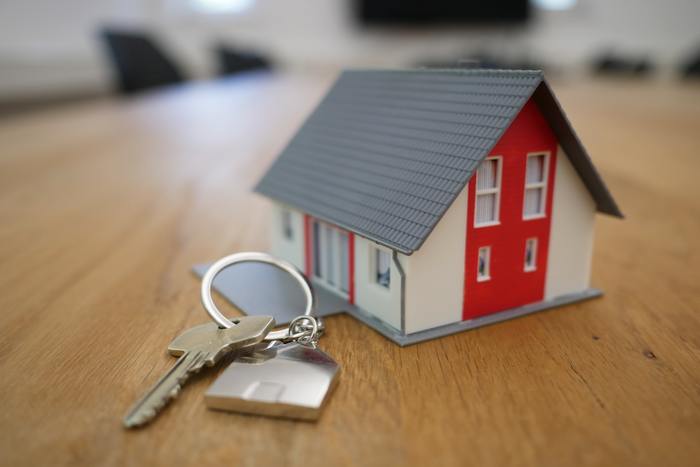Buying a home is not like a visit to the grocery store. For one, it costs a neat sum of money which is traditionally paid by availing of a home loan. When applying for a home loan the lender bank will want to know your loan history and your capacity to repay. This is also why you are asked to submit a long list of documents including your bank statements, salary slips and income tax returns.
They also look for your credit score, which is a 3-figure number and denotes your creditworthiness. A score higher than 750 is preferable. This makes you eligible for higher loan amounts, lower interest rates, lower EMIs and longer repayment tenures. Hence, having a good credit score that’s closer to 900 will work in your favor when applying for a home loan. If your credit score is anywhere below 675, you might want to first improve your credit score before thinking of taking a loan.
Here are some reasons why loaner banks need to take your credit scores into account:
Capacity to Repay
Before approving your home loan, your bank will first want to check for your capacity to repay back the loan. Your word doesn’t suffice here as banks need to know your income proof through relevant documents. If your bank statements don’t comply with the minimum income requirement, your loan application may get rejected. Ensure a healthy bank balance is being maintained.
Credit history
Different loans you have taken in the past as well as your management of credit cards give loaner banks an insight into your ability to handle credit. They will also go through your repayment history of previous loans, any loans that you are repaying currently, and if there is any history of default.
Ongoing credits
If you have an ongoing loan while applying for a high-value home loan, it’s considered risky by banks as you will then have a greater responsibility of repaying two loans. Aided by your credit score, banks can easily calculate if you are eligible for a high-value loan.
Your best move is to clear off any pending loans before applying for a home loan.











